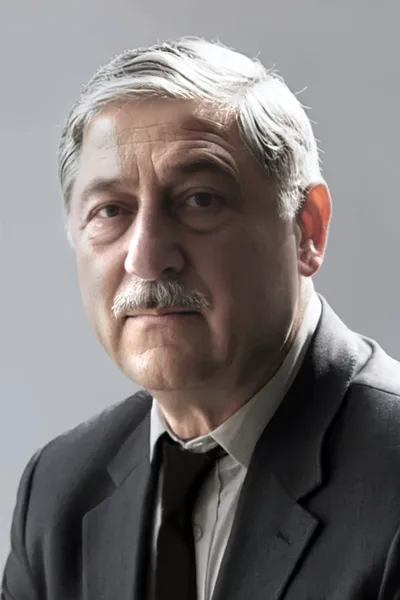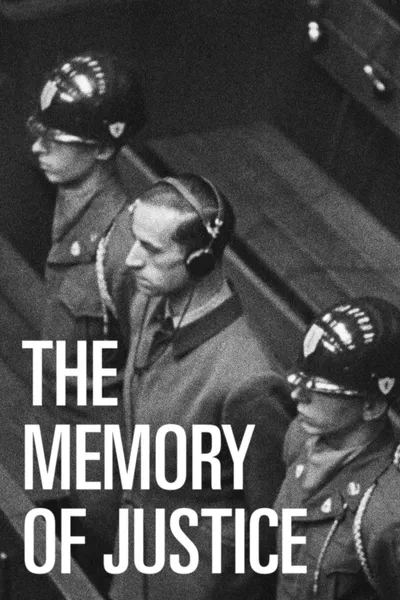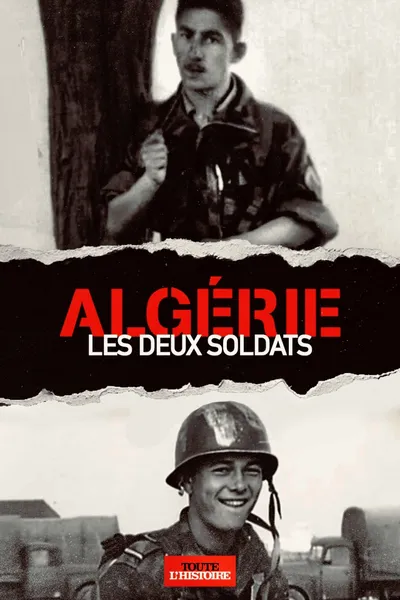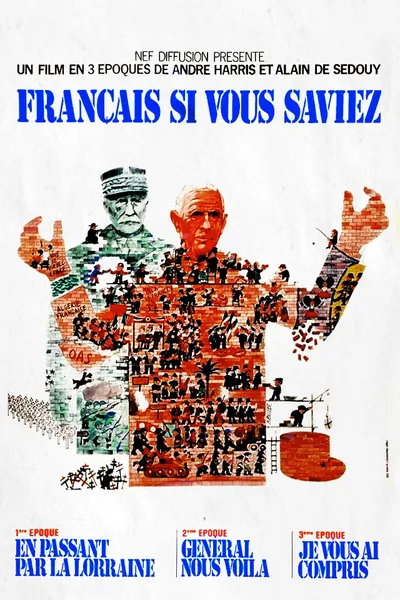
Noël Favrelière
Noël Favrelière, known as Nordine, born on May 11, 1934 in La Rochelle, is a painter who was a non-commissioned officer in the French army during the Algerian War, and who deserted in 1956. He then joined the ranks of the ALN fighters for ten months. He inspired many characters of objectors and resistance fighters, including the one in René Vautier's film "Avoir Vingt Ans Dans Les Aurès" (1972). He was part of the "Righteous of Algeria" who supported the Algerian people's fight for their independence.
As a child, Noël Favrelière was marked by the Nazi Occupation and the Resistance fights during the Liberation, in September 1944. He lived in Paris, in artistic circles, then left to do his military service in Algeria, with his sketchbook that would accompany him throughout the Algerian period. Shocked by the conditions of treatment reserved for Muslim natives, he realized that the resistance fighters he had known as a child during the Second World War were now those in the opposing camp. He declared to his friends after 1954: "If I were Algerian, I would be a fellagha".
In 1956, Noël Favrelière was assigned to the 8th Colonial Parachute Regiment in Algeria. During a sweep operation, his company killed a seven-year-old Arab girl. Other abuses by the French army reinforced his radical hostility to this war. At dawn on August 19, 1956, tasked with guarding an Algerian prisoner who was going to be executed, he left his unit with him and joined the ALN troops on the border of Tunisia and Algeria, he would take part in the fighting. of the ALN under the name Nordine. Wanted by the French army, he was wounded in the foot after an air attack. Having gone to Tunisia, after having testified about his actions in the press, he was sentenced to death a first time, in absentia, in 1958, he was sentenced a second time in 1960. Les Éditions de Minuit published his story, Le Désert À L'Aube, in October 1960. It was seized the week following this publication, and its distribution was prohibited.
In 1963, he returned clandestinely to France: he held a press conference and exhibited his paintings, thanks to Simone de Beauvoir and Jean-Paul Sartre. Benefiting from a scholarship in Yugoslavia, he obtained a degree in Art History in Ljubljana in 1964. In Algeria and then directed the Museum of Algiers from 1964 to 1966. His mother wrote a letter to the wife of General De Gaulle resulting that her son had acted like the General when he had taken refuge in the United Kingdom in 1940, he was pardoned by the latter of his two death sentences in 1966. He then worked at the Renault company in Sofia and Ljubljana from 1967 to 1983. From 1983 to 1989, he became the director of the French Institute of Ljubljana (Slovenia), then of that of Amman (Jordan) from 1989 to 1995. He retired in 1999. He drew and painted all his life. He was named a Knight of the Order of Arts and Letters by decree of May 20, 1985.
Suffering from Alzheimer's, Noël Favrelière died on the night of November 11 to 12, 2017. Noël Favrelière is the subject of various documentaries, including Algeria, The Two Soldiers. His name appears on the stele in memory of the French "Righteous of Algeria" who supported the fight of the Algerian people for their liberation, inaugurated in Algiers in 2002.
Known for
Acting
Place of birth
La Rochelle, Charente-Maritime, France
Birthday
11 May 1934




